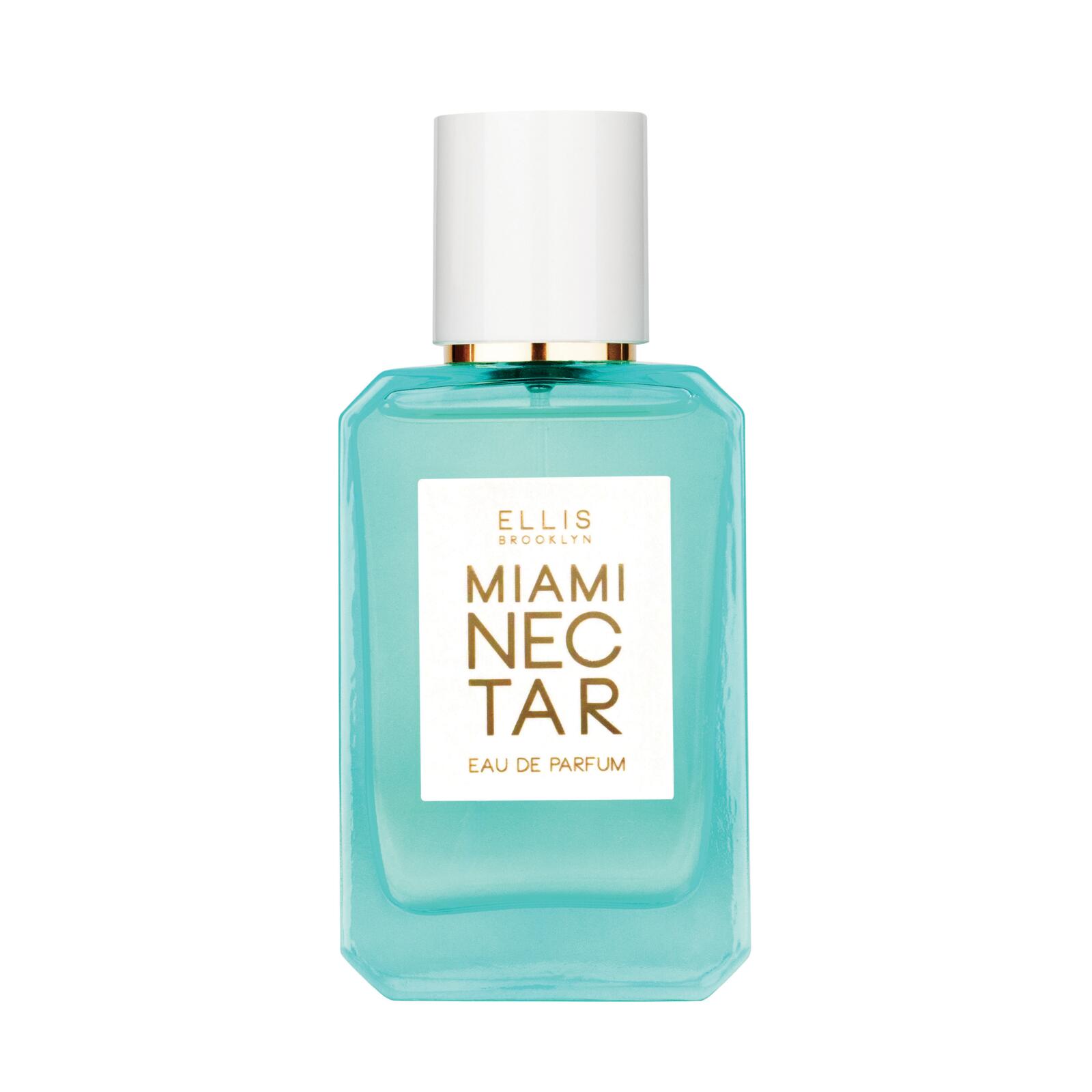
I can’t remember the exact age I was when my love affair with fragrances began. I have vivid memories of playing dress-up in my grandmother’s closet—and the finishing touch of every outfit was always a few spritzes of perfume from her fragrance tray. It’s been years since she passed, but I can still smell her signature scent on her clothes. It’s an aroma that reminds me of her decades later.
For me, and so many other Black women, fragrance isn’t just a beauty product; it’s memory, tradition and identity. It is the link to our matriarchs and the smell of childhood rituals, such as slathering shea butter and Vaseline on our skin during the winter (Why are we like this?)—and it’s a treasured part of our hygiene routine. These shared experiences connect Black people across the diaspora. Regardless of our geographical differences, Black women today are exploring scents that evoke the past while redefining luxury in the present. In this way, we are reclaiming fragrance as a powerful way to relate to our shared roots.
On #PerfumeTok (as the kids call it), conversations about scent go beyond what smells good and are more about what resonates on a personal level. Funmi Monet—a licensed therapist turned fragrance influencer and Caress ambassador, with over 700 perfumes in her collection—says it’s no coincidence. “For Black women, fragrance has always been about celebration,” she explains. “It’s part of our history—from cocoa butter and incense to the spices and oils of our ancestors. Now we’re bringing that into modern perfumery.”
Known as your “Fragrance Bestieto” to her thousands of followers online, Monet is one of many voices leading a larger cultural shift. “It’s not just about smelling good,” she says. “It’s about grounding yourself, telling your story and honoring where you come from.”
For many Black women, scent has always been an unspoken part of daily life, even if it wasn’t bottled and branded. The smell of cocoa butter, coconut oil and incense throughout the house provokes not just personal nostalgia but a collective cultural memory. And as we know, Black people—especially Black women—take moisturizing and smelling good very seriously.
These familiar bouquets are now finding their way into high-end fragrance collections, as Black-owned brands like Mysa Fragrance Haus and Daükens Arôme Co. craft perfumes inspired by diasporic experiences. Whether it’s the woodsy undertones that seem traditionally African or the tropical florals of the Caribbean, these colognes offer a fresh perspective on what luxury can mean.
Monet points out that mainstream perfumery has often excluded the olfactory experiences of Black women. “The popular skin scents are things like baby powder or clean linen,” she says. “But for so many of us, our skin scents are cocoa butter or shea butter. Those are the smells we associate with our skin and our memories.”
This cultural shift is resonating with Black fragrance lovers around the world. Data collected by American market research and technology company Circana shows that Black consumers are spending more on fragrance. More than 60 percent of them do not leave the house without wearing fragrance as part of their daily routines—a number significantly higher than White and Asian users. Much of this is attributed to a desire for scents that feel personal and authentic.
Journalist and beauty expert Kayla Greaves ties this interest to long-standing traditions: “I come from a Canadian-Jamaican family, and the importance of hygiene, cleanliness and scent were taught to me from a young age,” Greaves says. “Both my mother and grandmother had twice-a-day bathing routines that included layering on lotions, oils and perfumes of their choice. Their regimen wasn’t really about vanity—it was about having respect for others around you and, most importantly, yourself. I now take the same approach to fragrance.”
This intentionality mirrors a larger movement toward reclaiming joy and self-expression through scent, with fragrance rituals extending far beyond the individual. In West African traditions, scented oils and resins have been used for centuries in ceremonies to honor ancestors. Similarly, Caribbean communities have long made perfumes with locally grown flowers and herbs. Southern hospitality, too, carries its own olfactory markers—sweet tea, peaches, magnolia blossoms—all tied to warmth and community. These influences are becoming more notable in today’s fragrance market, as Black-owned brands embrace storytelling as part of their creative process.
And, during a time that the current administration is attempting to erase our history, Black women using fragrance to connect with their roots may be more important now than ever before.
Best In Fragrances 2025
Embrace the sweetness of rock candy, go natural with belambra or step into your soft-girl era with the warmth of creamy sandalwood.












Photo production credits:
Product photos: Courtesy of brands
Models: Amina Hassan at AMR Agency, Lluvia Cortés at New Icon, Nyaguach Pal at New Icon, Rhaya Jacobs at Divide NY, Roo Saintine at Supreme Management, Sarah Gony at Crawford Models, Wife Erath at APM.
Hair: LaMesha Mosley using Bumble and Bumble; Makeup: Raisa Flowers at E.D.M.A. Nails: Arlene Hinckson using CND at The Only Agency
Set Design: Jenny Correa at Walter Schupfer Management
Casting Director: Trevor Swain at The Wall Group
Photography Assistants: Ashley Markle & Allison Brooks
Digital Technician: Isobel Rae
Fashion Assistant: Morgan Smith; Hair Assistants: Kashmere Samuel & Jataina Ames Makeup Assistants: Joshua Hilario & Desiree Easton; Nail Assistants: Reiana Maynard & Safiya Levers
Set Assistant: Alejandro Benito; Production by The Morrison Group
Associate Producer: Vince Barrucco; Production Assistants: Maian Tran & Kiernan Francis
Shot at Splashlight Studios
